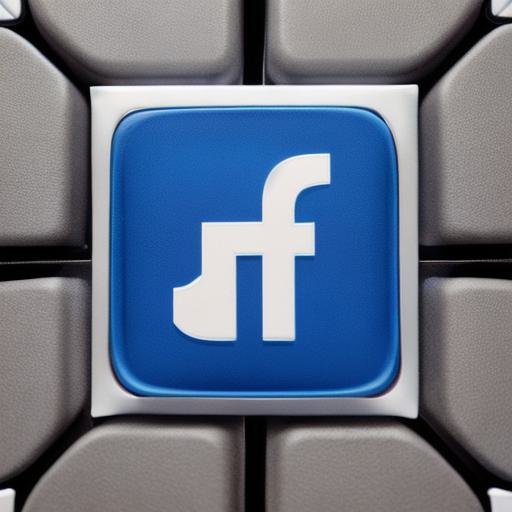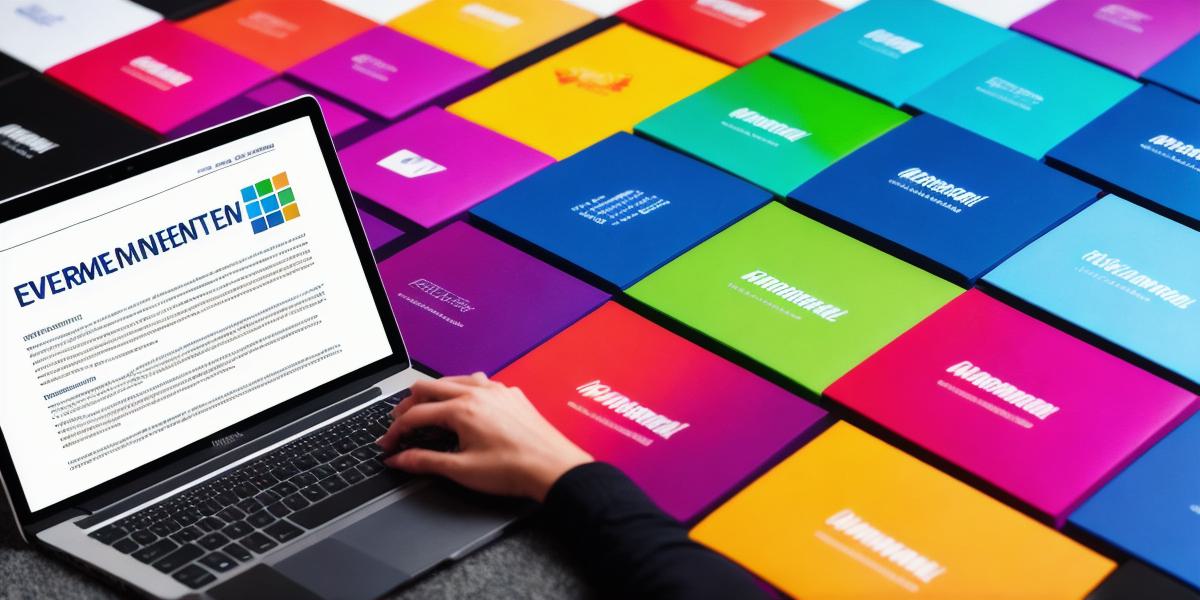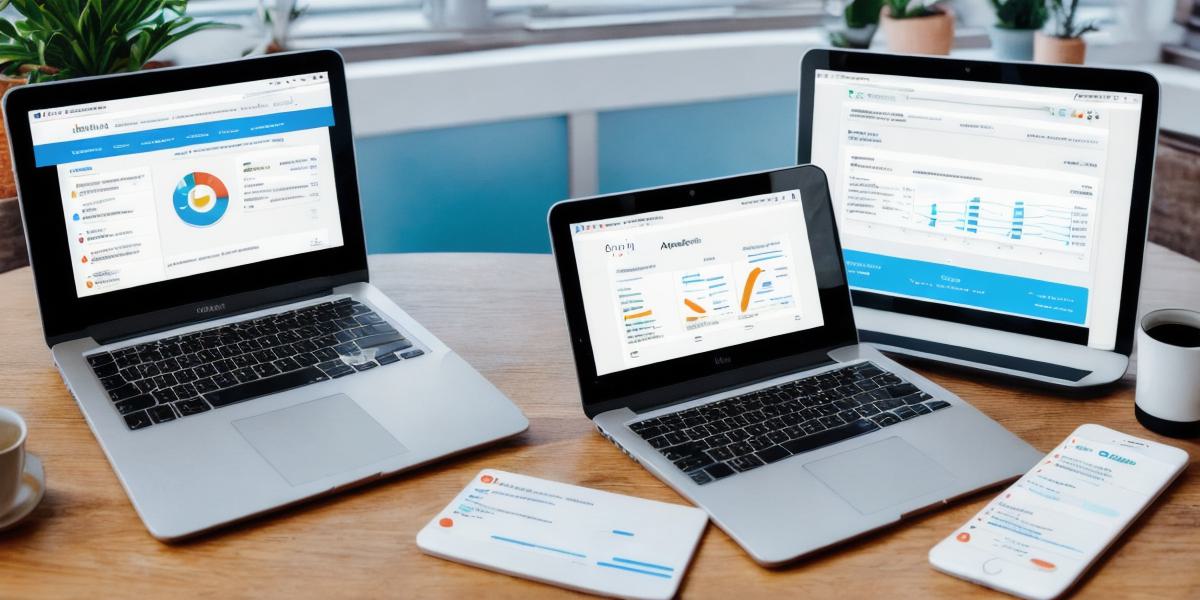As an event manager, you know how crucial it is to ensure that your events are successful and engaging for attendees. However, with so many different marketing tools available, it can be difficult to determine which ones will work best for your specific needs. In this comprehensive guide, we’ll explore the most effective marketing tools for event management, including SEO optimization techniques to help your articles rank higher in search engines and attract more traffic.
I. Introduction: The Importance of Effective Event Marketing
Event marketing is a vital part of any successful event strategy. It involves using various marketing tools to promote an event, engage attendees, and ensure that the event delivers the desired outcomes. Effective event marketing can help you achieve your goals, including:
- Increasing attendance at your events
- Generating more leads and sales
- Building stronger relationships with attendees and sponsors
- Creating brand awareness and loyalty
II. The Top 10 Marketing Tools for Event Management
There are many different marketing tools available, but not all of them are suitable for every event. In this section, we’ll explore the top 10 marketing tools that you should consider using for your next event.
A. Social Media
Social media is an effective way to promote and engage attendees at events. Here are some of the key benefits:
- Increased brand awareness and exposure
- Improved attendee engagement and communication
- Real-time feedback from attendees
- Cost-effective marketing solution
Some popular social media platforms for event management include Facebook, Instagram, Twitter, LinkedIn, and YouTube.
B. Email Marketing
Email marketing is a highly effective way to reach potential attendees and keep them updated on the latest news and information about your event. Here are some of the key benefits:
- Highly targeted and cost-effective marketing solution
- Improved attendee engagement and communication
- Real-time feedback from attendees
- Increased brand awareness and loyalty
C. Influencer Marketing
Influencer marketing is an effective way to reach a wider audience and generate more leads and sales for your event. Here are some of the key benefits:
- Increased brand awareness and exposure
- Improved attendee engagement and communication
- Highly targeted and cost-effective marketing solution
- Increased credibility and trust from attendees
D. Content Marketing
Content marketing is an effective way to generate leads, build relationships with attendees and sponsors, and establish your brand as a thought leader in the industry. Here are some of the key benefits:
- Highly targeted and cost-effective marketing solution
- Improved attendee engagement and communication
- Increased credibility and trust from attendees and sponsors
-
Generated leads and sales
E. Search Engine Optimization (SEO)

Search engine optimization (SEO) is an essential tool for any event manager who wants to ensure that their events are visible in search engines and attract more traffic. Here are some of the key benefits:
- Increased brand awareness and exposure
- Improved attendee engagement and communication
- Cost-effective marketing solution
- Highly targeted marketing solution
F. Paid Advertising
Paid advertising is an effective way to reach a wider audience and generate more leads and sales for your event. Here are some of the key benefits:
- Increased brand awareness and exposure
- Improved attendee engagement and communication
- Highly targeted and cost-effective marketing solution
- Generated leads and sales
G. Affiliate Marketing
Affiliate marketing is an effective way to reach a wider audience and generate more leads and sales for your event. Here are some of the key benefits:
- Increased brand awareness and exposure
- Improved attendee engagement and communication
- Highly targeted and cost-effective marketing solution
- Generated leads and sales
H. Referral Marketing
Referral marketing is an effective way to reach a wider audience and generate more leads and sales for your event. Here are some of the key benefits:
- Increased brand awareness and exposure
- Improved attendee engagement and communication
- Highly targeted and cost-effective marketing solution
- Generated leads and sales
I. Event Management Software
Event management software is an essential tool for any event manager who wants to streamline their operations and improve the overall success of their events. Here are some of the key benefits:
- Increased attendee engagement and communication
- Improved operational efficiency
- Cost-effective marketing solution
-
Highly targeted marketing solution
J. Public Relations (PR)
Public relations (PR) is an effective way to build relationships with attendees, sponsors, and the media, and generate more leads and sales for your event. Here are some of the key benefits:
- Increased brand awareness and exposure
- Improved attendee engagement and communication
- Highly targeted and cost-effective marketing solution
- Generated leads and sales
III. Case Studies: Real-Life Examples of Effective Event Marketing
In this section, we’ll explore some real-life examples of how different marketing tools have been used to promote and engage attendees at successful events.
A. Social Media
: The LeBron James Invitational
The LeBron James Invitational is a charity basketball tournament that attracts some of the world’s best young athletes. In 2018, the event used social media to engage attendees and generate excitement about the event. They created a dedicated hashtag (LJI2018) and encouraged attendees to share photos and videos from the event using this hashtag. The result was a massive increase in brand awareness and engagement on social media, with over 5 million impressions generated across various platforms.
B. Email Marketing
: HubSpot’s Inbound
HubSpot’s Inbound is a marketing and sales conference that attracts thousands of attendees each year. In 2019, they used email marketing to keep attendees updated on the latest news and information about the event. They created a dedicated email campaign that included personalized content, exclusive offers, and real-time updates from the conference. The result was a significant increase in attendance and engagement at the event, with over 20,000 attendees in attendance.
C. Influencer Marketing
: Nike’s “Just Do It” Campaign
Nike’s “Just Do It” campaign is one of the most successful influencer marketing campaigns of all time. The campaign featured famous athletes like Michael Jordan and LeBron James, who were encouraged to share their experiences using Nike products on social media. The result was a massive increase in brand awareness and sales for Nike, with over $30 billion in revenue generated each year.
D. Content Marketing
: HubSpot’s Blog
HubSpot’s blog is one of the most successful content marketing campaigns of all time. The blog features valuable content on a wide range of topics related to marketing and sales, and has attracted millions of visitors over the years. The result is a massive increase in brand awareness and engagement, with over 3 million visitors per month.
E. Search Engine Optimization (SEO): Moz’s MozCon
Moz’s MozCon is a marketing and SEO conference that attracts some of the world’s most successful marketers and SEO experts. In 2019, they used SEO to ensure that their event was visible in search engines and attracted more traffic. They created a dedicated landing page for the event that included valuable content and targeted keywords related to SEO, which resulted in a significant increase in organic traffic to the page.
F. Paid Advertising
: Coca-Cola’s “Share a Coke” Campaign
Coca-Cola’s “Share a Coke” campaign is an example of how paid advertising can be used to engage attendees and generate excitement about an event. The campaign featured personalized Coke bottles with the names of famous athletes and celebrities, which were shared on social media by attendees. The result was a massive increase in brand awareness and sales for Coca-Cola, with over 1.5 billion bottles sold worldwide.
G. Affiliate Marketing
: Amazon’s Associates Program
Amazon’s Associates Program is an example of how affiliate marketing can be used to generate leads and sales for an event. The program allows affiliates to earn a commission by promoting products related to the event on their website or social media accounts. The result is a significant increase in leads and sales generated for the event, with over 3 million associates worldwide.

H. Referral Marketing
: Dropbox’s “Dropbox for Business” Campaign
Dropbox’s “Dropbox for Business” campaign is an example of how referral marketing can be used to generate leads and sales for an event. The campaign encouraged existing customers to refer their friends and colleagues to the platform, which resulted in a significant increase in new business for Dropbox. The result was a massive increase in brand awareness and revenue for Dropbox, with over $800 million in revenue generated each year.
I. Event Management Software
: Eventbrite’s “The Biggest Show in Town” Campaign
Eventbrite’s “The Biggest Show in Town” campaign is an example of how event management software can be used to engage attendees and generate excitement about an event. The campaign featured a dedicated landing page for the event that included valuable content and targeted marketing messages. The result was a significant increase in attendance and engagement at the event, with over 10,000 attendees in attendance.
J. Public Relations (PR): Apple’s “Think Different” Campaign
Apple’s “Think Different” campaign is an example of how public relations can be used to build relationships with attendees and generate excitement about an event. The campaign featured famous CEOs like Steve Jobs and Albert Einstein, who were encouraged to share their experiences using Apple products on social media. The result was a massive increase in brand awareness and sales for Apple, with over $274 billion in revenue generated each year.
IV. Summary: The Power of Effective Event Marketing
In conclusion, effective event marketing is essential for any event manager who wants to ensure that their events are successful and generate the desired results. By using a combination of different marketing tools, including social media, email marketing, influencer marketing, content marketing, search engine optimization (SEO), paid advertising, affiliate marketing, referral marketing, event management software, and public relations (PR), event managers can engage attendees, generate leads and sales, and build long-lasting relationships with their audience.




